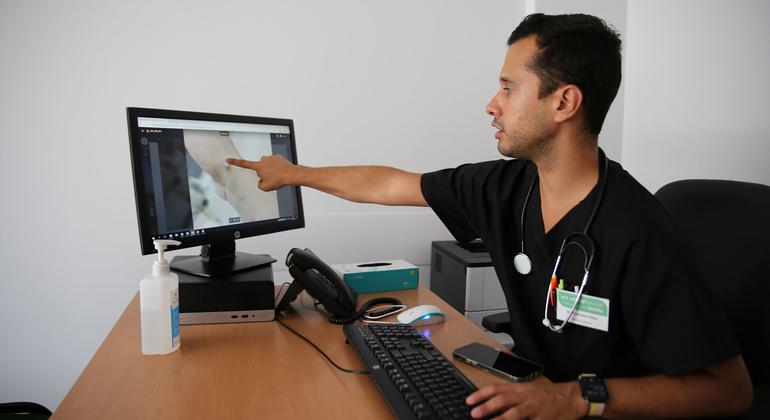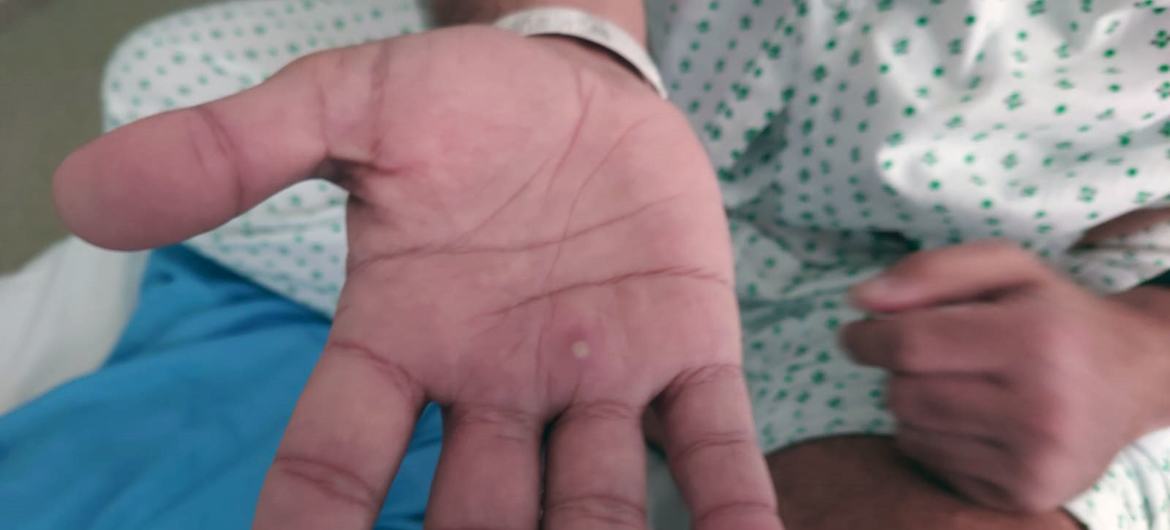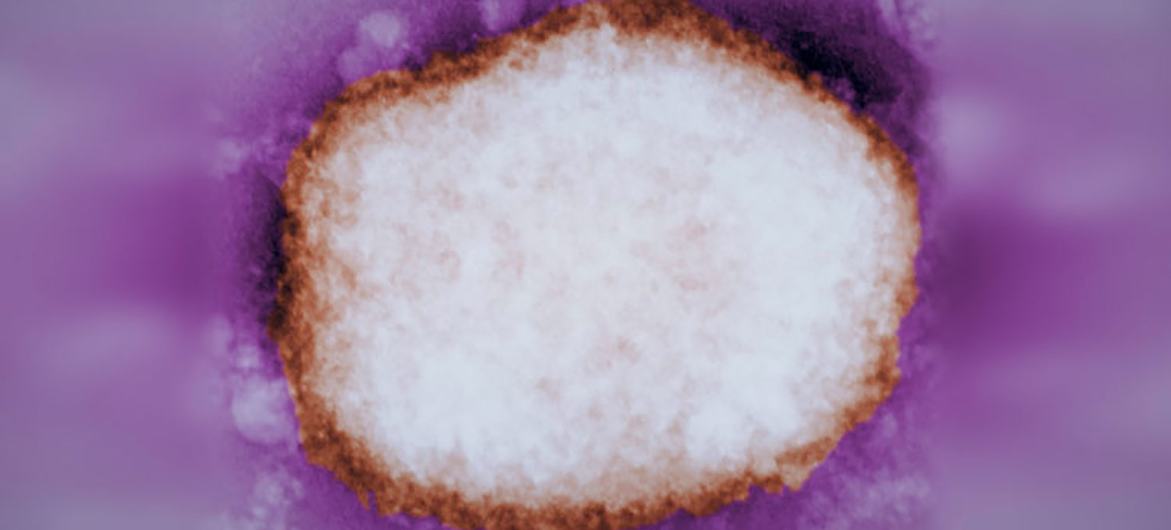
“At this time, we do not recommend mass vaccination against monkeypox”, the agency’s chief Tedros Adhanom Gebreyesus told journalists on Wednesday.
Tedros informed that one smallpox vaccine, called MVA-BN, has been approved in Canada, the European Union and the United States for use against Monkeypox, while two other vaccines, LC16 and ACAM2000, are currently being considered.
More data
“However, we still lack data on the effectiveness of vaccines for Monkeypox, or how many doses might be needed. That’s why we urge all countries that are using vaccines to collect and share critical data on their effectiveness”, he said.
The expert added that WHO is developing a research framework that countries can use to generate the data needed to better understand how effective these vaccines are in preventing both infection and disease, and how to use them most effectively.
Tedros emphasised that vaccination does not give instant protection against infection or disease, and can take several weeks.
“That means those vaccinated should continue to take measures to protect themselves, by avoiding close contact, including sex, with others who have or are at risk of having Monkeypox”, he highlighted.
Limited availability
The UN health agency’s Director-General explained that currently there are challenges concerning the availability of vaccines.
While globally there are about 16 million doses of the smallpox vaccine MVA-BN, most are in bulk form, meaning they will take several months to “fill and finish” into vials that are ready to use.
Several countries with Monkeypox cases have secured supplies of the vaccine, and WHO is in contact with other countries to understand their supply needs.
“WHO urges countries with smallpox vaccines to share them with countries that don’t. We must ensure equitable access to vaccines for all individuals and communities affected by Monkeypox, in all countries, in all regions”, Tedros underscored, adding that while vaccines are an important tool, surveillance, diagnosis and risk reduction remain central to preventing transmission and stopping the outbreak.
Reduce the risk
Currently, more than 70 per cent of the cases reported are in the European Union and 25 per cent in the Americas. So far, five deaths have been reported and around 10 per cent of all patients are admitted to hospital to manage pain.
The expert underscored that the outbreak can be stopped if countries, communities and individuals inform themselves, take risks seriously and take the steps needed to stop transmission and protect vulnerable groups.
The best way to do that, he said, is to reduce the risk of exposure and make safe choices.
“For men who have sex with men, this includes, for the moment, reducing your number of sexual partners, reconsidering sex with new partners, and exchanging contact details with any new partners to enable follow-up if needed”, he explained.
Tedros said the focus for all countries must be engaging and empowering communities of men who have sex with men to reduce the risk of infection and onward transmission, to provide care for those infected, and to safeguard human rights and dignity.
“Stigma and discrimination can be as dangerous as any virus, and can fuel the outbreak”, he emphasised, calling on social media platforms and tech companies to help tackle disinformation.
Anyone can get infected
Although 98% of cases so far are among men who have sex with men, anyone exposed can get Monkeypox, and children, pregnant women and immunosuppressed are especially at risk of severe disease.
“Children can get extensive rash and get dehydrated. If lumps appear on their necks, it can be difficult to swallow and they can also get severe pain in the mouth”, Monkeypox WHO technical lead, Rosamund Lewis, informed journalists.
In addition to transmission through sexual contact, Monkeypox can be spread in households through close contact between people, such as hugging and kissing, and on contaminated towels or bedding.
Andy Seale, WHO adviser, clarified that so far, the disease cannot be classified as a sexually transmitted infection (STI) as scientists have not confirmed that fluid exchange plays a role in transmission.
“It gets transmitted by close skin contact, somewhat like herpes, so we cannot say that wearing a condom can prevent it”, he explained.

